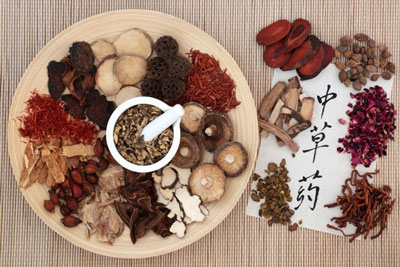According to the Saudi General Civil Aviation Authority (GACA), Saudi Arabia's passenger traffic exceeded 128 million in 2024, an increase of 15% year-on-year and a record high.
GACA pointed out in the "2024 Air Traffic Report" that Saudi Arabia's air transport industry experienced significant growth in 2024, with an unprecedented number of passengers transported. More than 128 million passengers flew to their destinations through major airports across the country, which is a quarter higher than the average level before the COVID-19 pandemic, confirming that the local aviation industry has fully recovered from the impact of the COVID-19 pandemic.

Note: Comparison of passenger traffic in the past six years, in millions of passengers
Of the 128 million passengers, 59 million took domestic flights and 69 million took international flights.
According to OAG, a global travel data provider in the UK, the Jeddah-Riyadh route will have the highest capacity increase among domestic routes in the world in 2024, while the Cairo-Jeddah route in Egypt will be the second busiest international route in the world.
The number of flights at Saudi airports in 2024 will increase by 11% from 2023 to 905,000 flights, including 474,000 domestic flights and 431,000 international flights. The four major airports of Riyadh, Jeddah, Dammam and Medina account for 82% of Saudi Arabia's total air traffic.

Note: Passenger traffic at major Saudi airports last year, in millions of people, with Jeddah Airport having the highest passenger traffic
The report also noted that Saudi Arabia's air connectivity increased by 16%, and it is now connected to more than 170 destinations worldwide.
According to GACA, air cargo traffic also experienced extraordinary growth in 2024, totaling more than 1.2 million tons, a year-on-year increase of 34%. Of this, 1.17 million tonnes were handled by the three largest airports - Riyadh King Khalid International Airport (573,000 tonnes), Jeddah King Abdulaziz International Airport (461,000 tonnes) and Dammam King Fahd International Airport (140,000 tonnes).

%20--%3e%3c!DOCTYPE%20svg%20PUBLIC%20'-//W3C//DTD%20SVG%201.1//EN'%20'http://www.w3.org/Graphics/SVG/1.1/DTD/svg11.dtd'%3e%3csvg%20version='1.1'%20id='图层_1'%20xmlns='http://www.w3.org/2000/svg'%20xmlns:xlink='http://www.w3.org/1999/xlink'%20x='0px'%20y='0px'%20width='256px'%20height='256px'%20viewBox='0%200%20256%20256'%20enable-background='new%200%200%20256%20256'%20xml:space='preserve'%3e%3cpath%20fill='%23FFFFFF'%20d='M194.597,24.009h35.292l-77.094,88.082l90.697,119.881h-71.021l-55.607-72.668L53.229,232.01H17.92%20l82.469-94.227L13.349,24.009h72.813l50.286,66.45l58.148-66.469V24.009z%20M182.217,210.889h19.566L75.538,44.014H54.583%20L182.217,210.889z'/%3e%3c/svg%3e)




